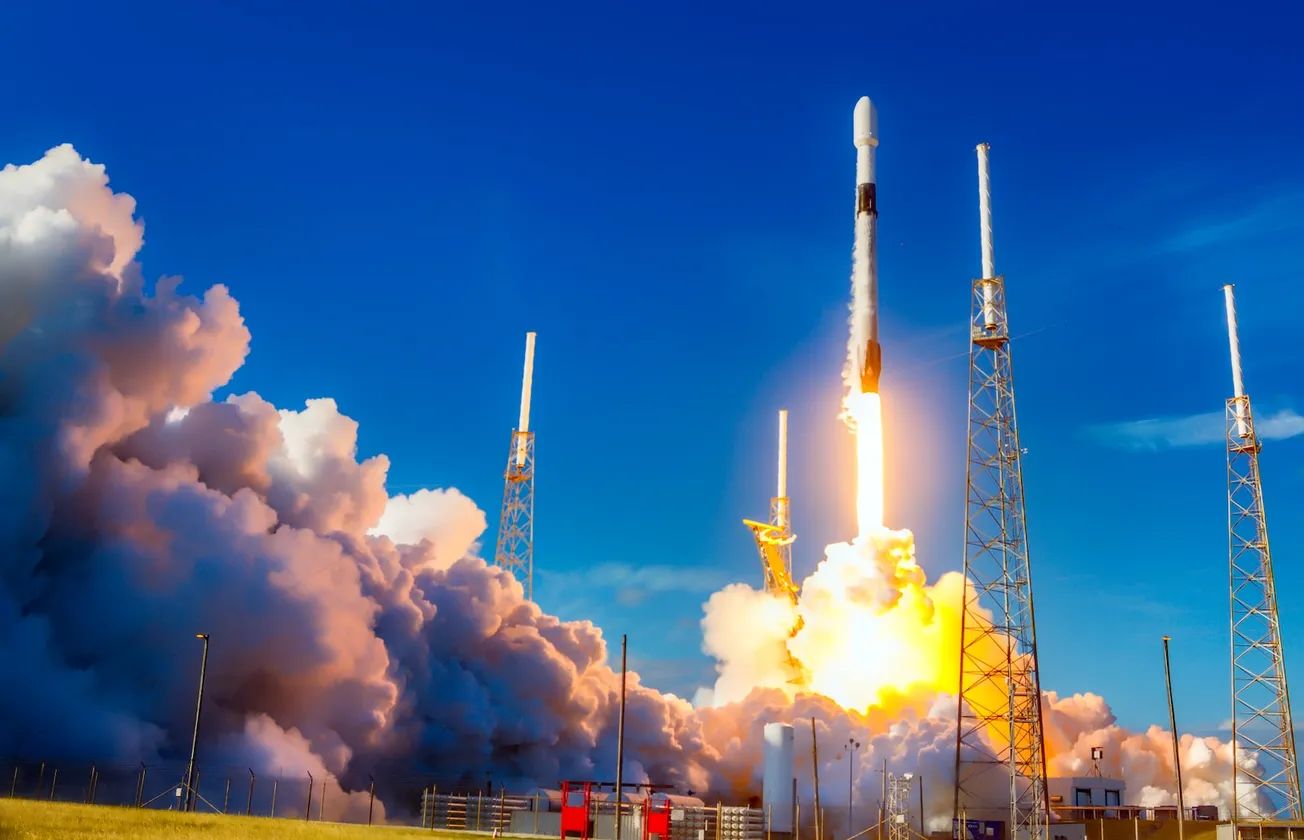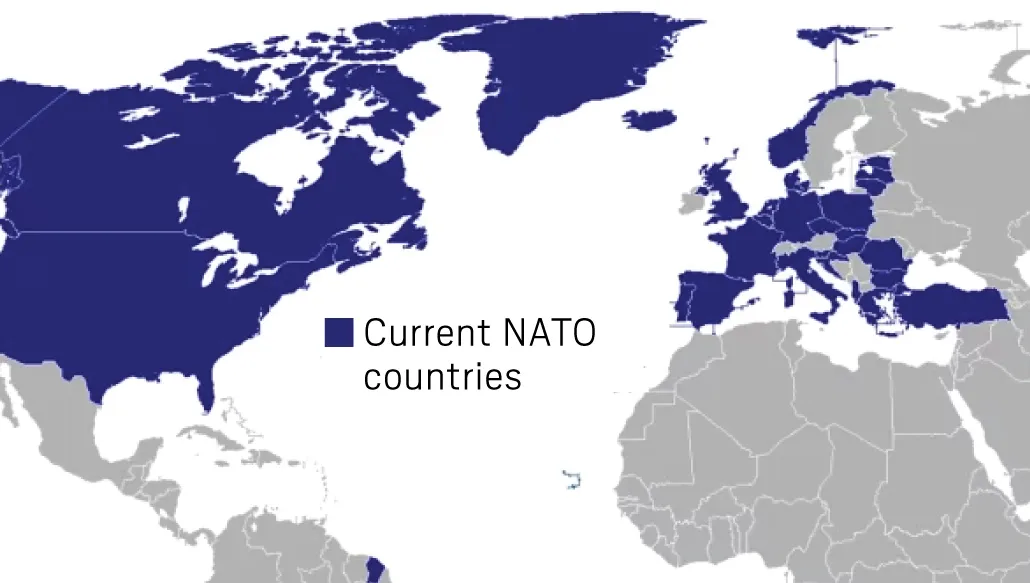Table of Contents
As I’ve laid out in previous posts in this series, for decades successive New Zealand governments have allowed its defence capability to wither away to irrelevance. The long-running strategy seems to be, “We’re safe from the world and there’s always Australia and America if things turn pear-shaped”. The only other discernible strategy has been “Women, Peace and Security”: and even on that, the Ardern government has failed to match its rhetoric (big surprise, I know).
But what of the future? Well, for the moment, New Zealand’s defence future rests in Jacinda Ardern’s capable hands. Yes, that was a joke.
Winston Peters conspicuously mostly failed to live up to his commitment to being the “handbrake” on Ardern and the Greens’ leftist lunacy. On the other hand, Peters did bring a degree of hard-headedness to Ardern’s foreign policy witterings.
As an experienced Asia hand with an eye for shifting geopolitical currents, Peters was sceptical about China’s increasing regional role, especially in the South Pacific. In a series of speeches, he went out of his way to attract America’s interest in New Zealand’s close neighbourhood.
Peters’s New Zealand First colleague Ron Mark took advantage of growing concerns about Beijing’s strategy, including in the South China Sea, to argue for urgent replacements for ageing military equipment. The result was almost unprecedented in the recent history of New Zealand defence capability decision-making. As defence minister, Mark secured replacements for the ageing P-3 Orion maritime surveillance aircraft—the P-8 Poseidons, which will have significant antisubmarine-warfare capacities.
Before leaving office, he did the same for the overworked C-130H Hercules transport aircraft, which will be succeeded by C-130Js. Both decisions reinforce New Zealand’s interoperability with traditional partners, including Australia and the United States.
But Peters and Mark are both gone. Ardern and her Green coalition partners have been given the keys to the Defence car and a government credit card to go crazy with.
Once the virus no longer dominates the scene, progressive foreign policy causes, including climate change, human rights and development issues in the South Pacific, may attract an increased share of the second Ardern government’s attention.
Geopolitical ruminations will have less bandwidth: New Zealand officials may find less cabinet enthusiasm for this sort of thinking.
As a recent BFD article put it, the Ardern government is incapable of the sort of “joined-up thinking” that runs an economy, much less plans a defence strategy. In fact, it’s an open question whether much of the government has mastered joined-up writing. The economy having been sent diving south by the COVID panic; the government is going to struggle to keep the country solvent. Defence and foreign policy will barely be a blip on Ardern’s dim awareness (unless it involves grandstanding for the adoring media at the UN).
But, once the pandemic is over, China will still be there. Labour may witter on about a “benign strategic environment”, but that’s stark nonsense. As is blithering about the “rules-based international order” or regional partnerships.
Where have the ASEAN Regional Forum and the East Asia Summit been when they have been needed? How much has APEC, which New Zealand chairs in 2021, made a difference?
New Zealand has been seeking out what might be called coalitions of the trusted—fellow polities and economies among whom supply chains can be salvaged and travel slowly bought back to life. Opening up has been a slow process even among closest and most trusted partners, as the on-again, off-again idea of a travel bubble between New Zealand and Australia has demonstrated.
Still, there’s always America.
While Labour might have an ideological fellow-traveller in the Biden administration in many aspects (woke social policy, for instance), Joe Biden is potentially at least indicating some surprising backbone. The administration has criticised China’s genocide in Xinjiang, and seems to have learned at least something from the idiotic complacency of the Obama years.
On China, Biden and the Democrats share many of the Republicans’ concerns, which are in fact concerns of the Washington policy establishment.
The US will be less prone to impose tariffs on its allies and partners, but it will expect more from them in joining the pressure on China.
New Zealand is likely to become the only Five Eyes partner to open its 5G infrastructure to Huawei. Ardern is clearly itching to get her hands on Xi’s BRI river of gold. Neither is likely to win hearts in Washington. Notably, New Zealand hasn’t even been asked to join in the Quad alliance talks.
Soon, though, the Biden administration will be asking New Zealand and others what more they can do for the team in the South Pacific, and Southeast Asia too. Working out what to do with these expectations will take adroit diplomacy from the Ardern government.
The Strategist
“Adroit diplomacy from the Ardern government” – damn, I wish I’d come up with a knee-slapper like that. Oh, wait…they’re serious.
Good luck, New Zealand. You’re going to need it.
Please share this article so that others can discover The BFD









